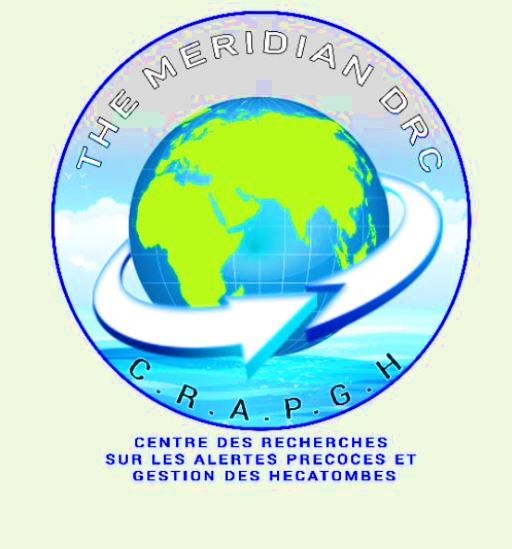Setting up a community flood early warning system in Kinshasa
We are a non-governmental organisation that trains communities in how to adapt to the effects of climate change, such as flooding.

Overview of the project
We live in a country where every year we are faced with the same damage and the same problems but with no solution. We were 2 students at the time, so I decided to see how we could do something to alert people before the rains came.
So I thought of putting up reinforced concrete markers 2m high with red, orange, yellow and green markings to indicate the coming of floods, so that everyone could be informed.
I got together a few students from different faculties and we set up an NGO, which is now recognised by the government.
Our application is working well, and we’ve already carried out field surveys in all the relevant areas of the city, so all we need now is the financial resources to get the application up and running and install the beacons.
Reducing the loss of life and material damage caused by flooding
Ongoing research
25/09/2023 - 25/09/2026
– At least 8 million people will be sheltered if the project goes ahead
– more than 5 million are informed and aware of the origins of all these climatic inequalities.
Material damage will be significantly reduced
damage to human life will also be reduced significantly
The application is easy to use
The beacons inform the population when danger is approaching.
So far we haven't received any funding, but we're fighting hard by organising training courses at universities and companies to enable us to continue our research and analysis, and despite our best efforts, we still need funding.
organisation
We are a Non-Governmental Organisation.
Our activities include
– Training communities on how to adapt to the effects of climate change such as flooding,
Assisting victims of critical incidents during floods
– Alerting the government and the community to threats to human safety (environmental and health safety).
– Train organisations, students and researchers in Geographic Information Systems (GIS) and the development of mobile applications,
– Proposing solutions to communities living in non aedificandi zones to prepare for major incidents caused by climatic inequalities.
– Combat environmental degradation under threat from corporate action.
Kinshasa University

